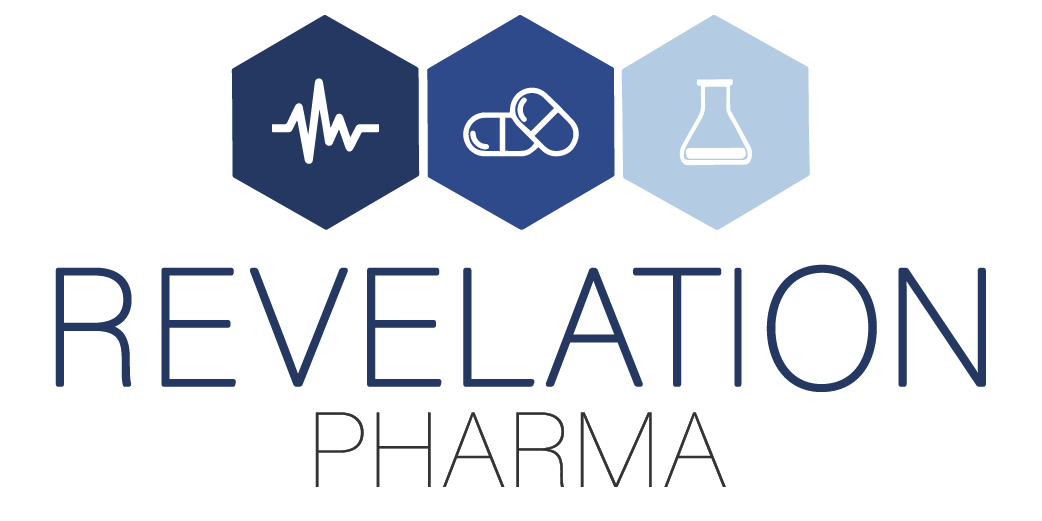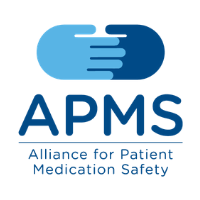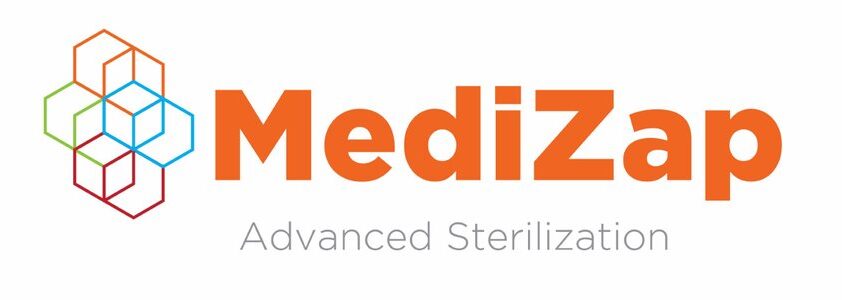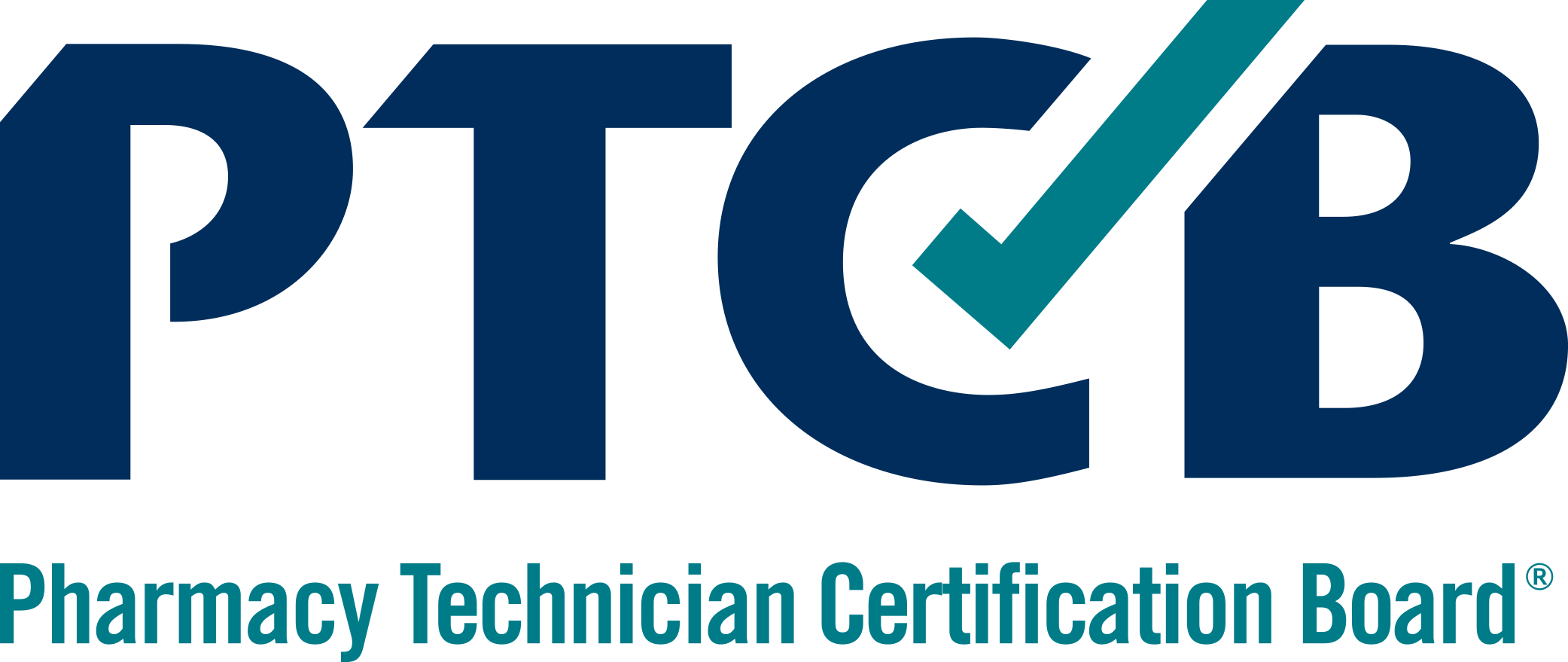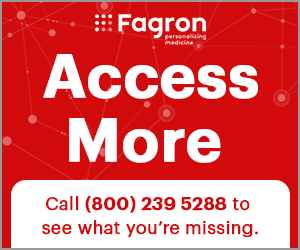August 10, 2022
New Hope for Treatment-Resistant Depression, PTSD or Severe Anxiety Disorder
By Jim Hrncir RPh; Las Colinas Pharmacy Compounding & Wellness; Irving, TX
When people do not respond as well as hoped to medicines prescribed for depression, PTSD or severe anxiety disorder, the symptoms can be debilitating. Some studies show traditional medications may fail up to 60% of afflicted patients. The patient’s quality of life may suffer greatly: at work, at home and in relationships. Sadly, many cases involve suicidal ideation. At this point, people need therapy that works rapidly and effectively. Prescribers can work with a compounding pharmacist to formulate a plan that works best for each individual patient.
Researchers have investigated why patients develop depression, post-traumatic stress disorder (PTSD), and severe anxiety disorder. Understanding the roles of different brain regions and how they connect, and how nervous system pathways can become dysfunctional led researchers to try new targeted therapies.
Studies show ketamine to be remarkably effective for these “tough to treat” conditions. Ketamine is FDA-approved as an anesthetic but when very low doses are used, physicians have reported rapid antidepressant and anti-anxiety activity with very few negative effects. Various compounded dosage forms of ketamine were used and the success rates in the studies ranged from 50-80%!
Compounding pharmacies are tasked by physicians to use their expertise to formulate ketamine into nasal sprays, flavored and palatable solutions and troches, rapid dissolve tablets and sterile solutions for intravenous or intramuscular injection. Customization of these dosage forms allows the physician to personalize ketamine therapy for the best possible patient responses. For patients interested in these forms of administration, it is best to contact the treating physician to determine if it is appropriate for their treatment and for referral to a high quality compounding pharmacy.
Caution: Patients should never stop current treatments such as anti-anxiety or antidepressant medications without speaking with their physicians. Although most medications are safe to use during ketamine therapy, check with your local compounding pharmacist or treating physician for more details.
References:
Ketamine and other N-methyl-D-aspartate receptor antagonists in the treatment of depression: a perspective review, Zarate, et al, Ther Advanc in Chronic Diseases May 2015.
Effect of Baseline Anxious Depression on Initial and Sustained Antidepressant Response to Ketamine, Ionescu, MD et al, J Clin Psychiatry 2014.
Diazgranados and colleagues sought to determine if ketamine produces rapid antidepressant effects in subjects with bipolar depression [Diazgranados et al. 2010].
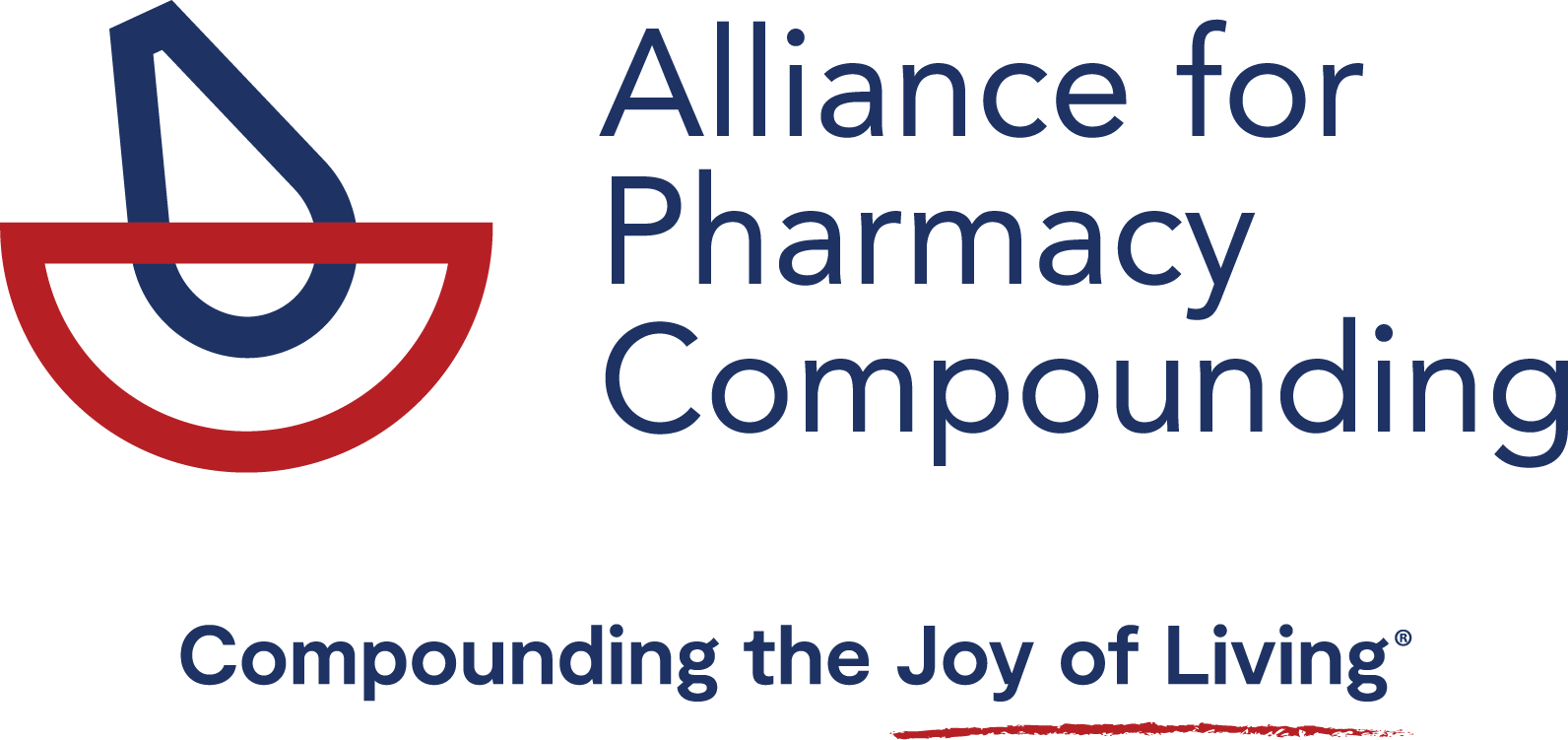


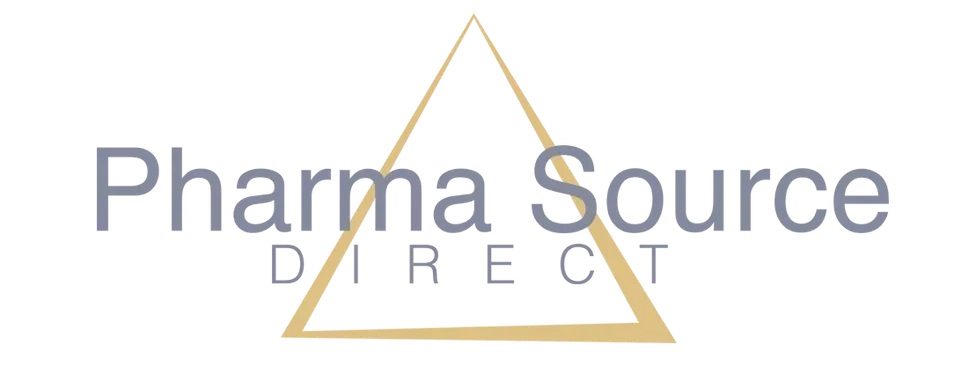











![Topi-CLICK a Division of TEAM Outlines[1]](https://a4pc.org/files/Topi-CLICK-a-Division-of-TEAM-Outlines1.png)






